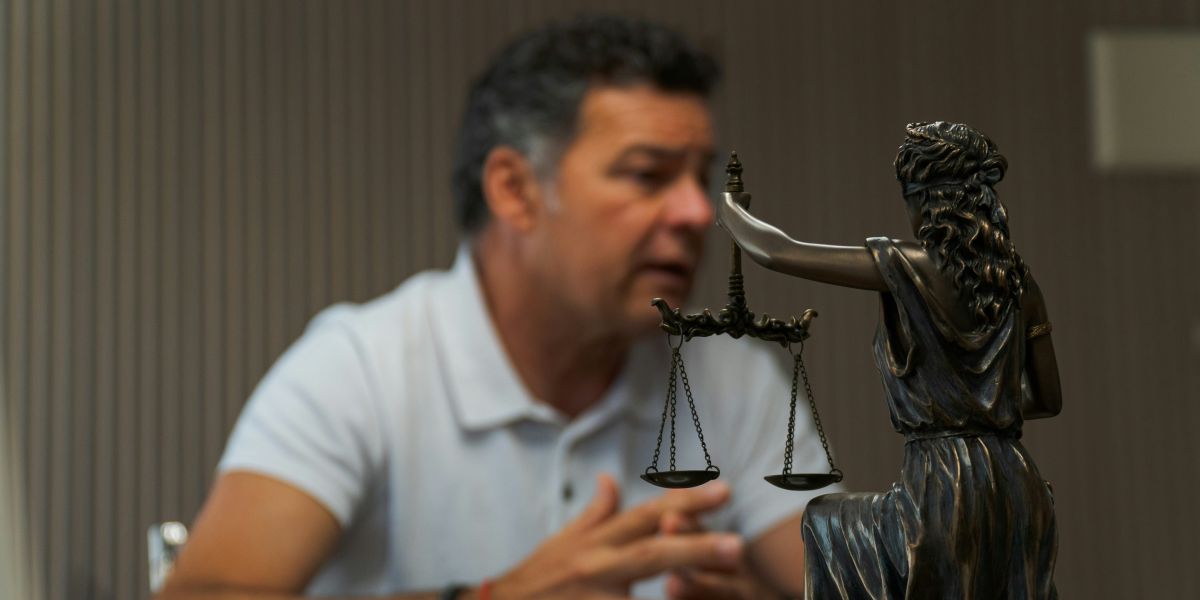Columbus is a vibrant, fast-growing city where daily life moves at a steady pace across its busy streets, thriving nightlife, and expanding suburbs. With so much activity, it’s no surprise that law enforcement in the area keeps a close watch on impaired driving. But not every DUI charge in Columbus is as straightforward as it seems. Legal outcomes may hinge on small details, from how a traffic stop was conducted to the accuracy of test results.
Understanding the available legal defenses is critical for individuals facing these serious allegations. There are multiple strategies that may be explored depending on the circumstances of the case, each requiring a thoughtful approach and an in-depth understanding of the law. Partnering with a Columbus DUI lawyer may provide essential insight into these defenses and help build a stronger case when it matters most.
Challenging the Traffic Stop
The legality of the original traffic stop is typically a material issue for DUI cases. Law enforcement must have a reasonable suspicion of unlawful activity to stop a driver. Any evidence found afterward could be suppressed if the officer did not have probable cause. Erratic driving or a clear traffic law violation is an appropriate basis for a stop. Otherwise, challenging the stop is a solid defense.
Questioning the Field Sobriety Tests
Officers often use field sobriety tests to measure impairment. But sometimes, those tests aren’t accurate. Adverse weather conditions or the driver’s physical limitations may affect performance. External factors may often undermine a prosecution’s case that depends on the accuracy of these tests.
Examining Breathalyzer Accuracy
Breathalyzers are used for measuring blood alcohol concentration. However, their accuracy may be called into question. They require calibration and proper maintenance. In addition, medical conditions or mouthwash may sometimes misrepresent results.
Highlighting Medical Conditions
Sometimes, medical conditions may produce symptoms of impairment. Acetone, for instance, may be formed as a result of diabetes, and this may influence breathalyzer readings. Acid reflux may also affect results. One of the strongest defenses is presenting medical evidence that demonstrates the existence of these conditions.
Evaluating Blood Test Procedures
Although blood tests are generally more accurate than breathalyzer tests, they are still not foolproof. A proper chain of custody must be established to help ensure that the sample was not tampered with or manipulated. Test results could be contested should there be any evidence of contamination or procedural error. You may also ask how the sample was collected and who had access to it.
Demonstrating Poor Police Conduct
Police misconduct may alter the outcome of a DUI case. This may include not informing the driver of their rights, using undue force, or discriminatory practices. The evidence associated with this context may sometimes result in charges being thrown out.
Presenting Alternative Explanations for Behavior
Someone might seem unsteady for a multitude of reasons that are not alcohol related. Swaying and slurring words are common side effects of fatigue, stress, or sickness. As such, proof of these explanations may shed light on actions that would otherwise seem to suggest impairment.
Securing Witness Testimony
Witnesses are an invaluable ally in DUI defense. Witnesses or passengers may be able to contradict the officer’s report. Witness testimony may help you establish a timeline of events or present an alternative explanation of why the driver conducted themselves in the way they did.
Engaging Legal Representation
You need to know your rights during a DUI arrest. You have a right to remain silent and request legal counsel. A violation of these rights may affect the outcome of your case. A seasoned lawyer may look into the details of the case, identify any vulnerabilities, and build a defense. They may also work out plea agreements or alternative sentencing options where appropriate.
Conclusion
While a DUI charge may be frightening, knowing more about potential defenses might provide some relief. Each situation is different, and the facts and circumstances must be investigated thoroughly. Questioning the evidence and police conduct and presenting alternate explanations may help you dispute these charges. Working with a lawyer may also increase your chances of achieving a positive outcome.
Disclaimer: The content in this article is provided for general knowledge. It does not constitute legal advice, and readers should seek advice from qualified legal professionals regarding particular cases or situations.






